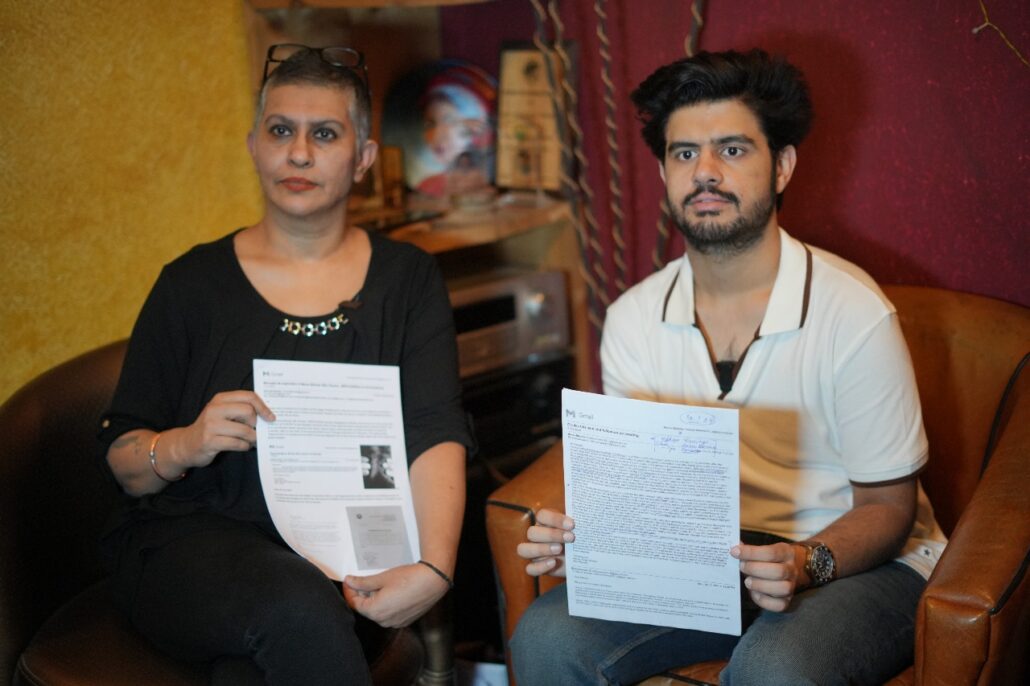Demokratic Front, Chandigarh – 29 May :
The family of Manav Bhinder, a 23-year-old neurodivergent student from Chandigarh, has alleged systemic neglect by Azim Premji University after he was deregistered from the BSc Physics program earlier this year. The case has sparked debate around the failure of higher education institutions to support students with special needs.
Manav, a high-performing student with a CBSE score of 91.5%, was on a need-based scholarship and had been diagnosed with high-functioning autism, IBS, and psoriasis before joining the university. During his time on campus, he was further diagnosed with ADHD, autoimmune celiac disease, liver fibrosis, and depression, conditions that his family says were aggravated by anxiety, social isolation, and lack of accommodations.
His mother, Sharmita Bhinder, a cancer patient and social sector professional, said that repeated requests for academic and health-related support were ignored. “He went from being an active, confident child to completely shut down. They gave up on him long before he gave up on himself,” she said.
Before joining the university, Manav had participated in over 145 MUN conferences, completed Trinity College London’s Grade 8 in Communication Skills and Grade 6 in Performance Arts, and was part of Chandigarh’s Wings Theatre Group for 8 years.
The family highlighted several gaps:
• Delayed subject allocation and poor academic coordination
• Non-recognition of medical leave
• Inaccessible dietary accommodations for his celiac condition
• Lack of referral to the university’s listed psychology faculty, despite the student seeking psychological support within campus premises. No external referral was made, nor was the family informed about the issues or the support services available.
He reportedly sat isolated in classrooms for over a year and lost more than 13 kilograms due to stress and nutritional issues. His deregistration was communicated via email late at night, without informing his mother, despite the university being aware of her cancer diagnosis.
Sharmita added, “This isn’t about one child. It’s about how many more are being failed silently by systems that claim to be inclusive.”
The family is now working with legal advisors and disability rights groups and is calling for urgent reforms, including:
• Parental communication protocols for neurodivergent students
• Early-warning systems for academic distress
• Cross-functional inclusion teams
• On-campus mental health professionals with diagnostic capacity




